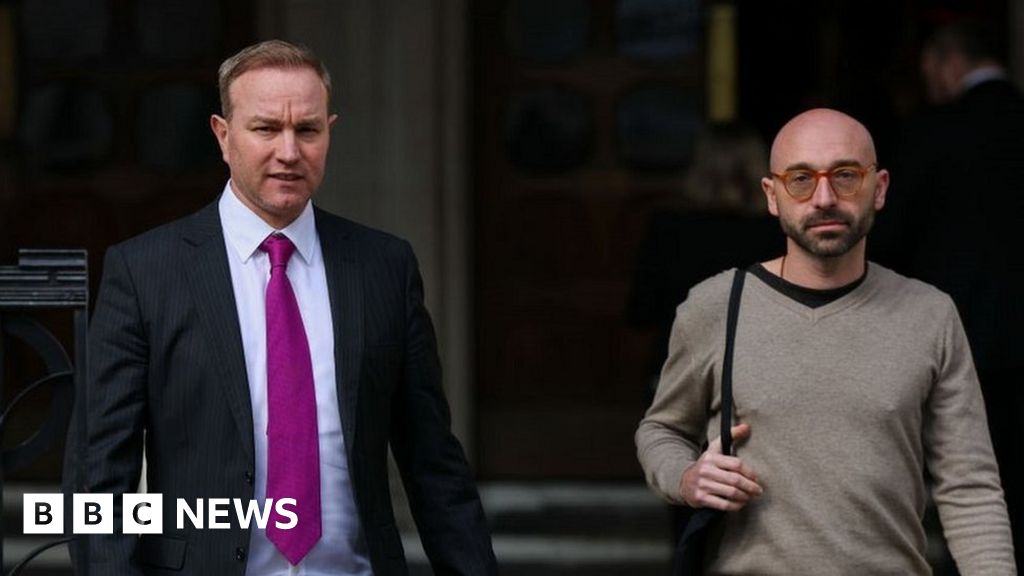The founders of a key European interest rate benchmark have said its accuracy could be affected as result of a “deep misunderstanding” by English courts.
Euribor underpins trillions of euros in loans and tracks the rate banks pay to borrow cash from each other.
The Court of Appeal recently upheld the convictions of two bankers jailed for rigging Euribor and the UK’s Libor.
The Court of Appeal recently upheld the convictions of two bankers jailed for rigging Euribor and the UK’s Libor.
To set Euribor, banks make a daily estimate of the interest rate they would pay to borrow a large sum of euros – then an average is taken.
The Court of Appeal ruled that when publishing daily estimates of the cost of borrowing cash, banks must select the cheapest rate at which cash could be borrowed or lent.
As a result, it rejected the appeals of Carlo Palombo and Tom Hayes, two former traders who were prosecuted and jailed for “manipulating” Euribor and Libor.
The evidence against them were requests they had made of colleagues to publish “high” or “low” estimates of the cost of borrowing cash, depending on what would help their banks’ trades.
However, the founders of Euribor – Helmut Konrad, Nikolaus Bömcke and Jean-Pierre Ravisé – said that was exactly what banks and their traders were expected to do when they set up the benchmark nearly 30 years ago and wrote the code of conduct.
The founders of a key European interest rate benchmark have said its accuracy could be affected as result of a “deep misunderstanding” by English courts.
The Court of Appeal recently upheld the convictions of two bankers jailed for rigging Euribor and the UK’s Libor.
Euribor underpins trillions of euros in loans and tracks the rate banks pay to borrow cash from each other.
To set Euribor, banks make a daily estimate of the interest rate they would pay to borrow a large sum of euros – then an average is taken.
The Court of Appeal recently upheld the convictions of two bankers jailed for rigging Euribor and the UK’s Libor.
The Court of Appeal recently upheld the convictions of two bankers jailed for rigging Euribor and the UK’s Libor.
To set Euribor, banks make a daily estimate of the interest rate they would pay to borrow a large sum of euros – then an average is taken.
The Court of Appeal ruled that when publishing daily estimates of the cost of borrowing cash, banks must select the cheapest rate at which cash could be borrowed or lent.
As a result, it rejected the appeals of Carlo Palombo and Tom Hayes, two former traders who were prosecuted and jailed for “manipulating” Euribor and Libor.
The evidence against them were requests they had made of colleagues to publish “high” or “low” estimates of the cost of borrowing cash, depending on what would help their banks’ trades.
However, the founders of Euribor – Helmut Konrad, Nikolaus Bömcke and Jean-Pierre Ravisé – said that was exactly what banks and their traders were expected to do when they set up the benchmark nearly 30 years ago and wrote the code of conduct.
#Warning #jailed #bankers #ruling #hit #loan #rate
Note:- (Not all news on the site expresses the point of view of the site, but we transmit this news automatically and translate it through programmatic technology on the site and not from a human editor. The content is auto-generated from a syndicated feed.))



